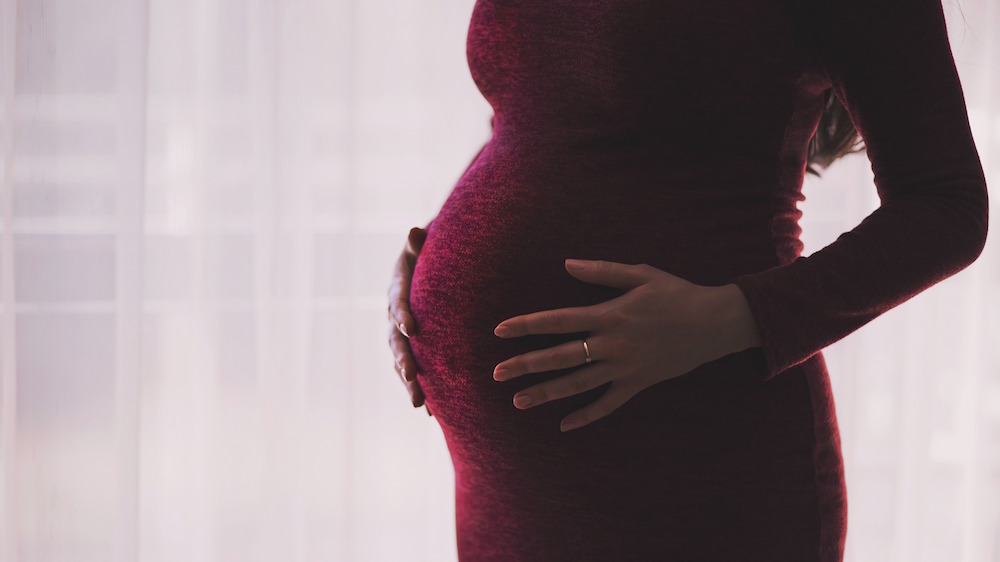More than half of British mothers feel they have been held back at work after having children compared to less than a quarter of fathers, according to a new survey that reveals the extent of gender discrimination in the workplace.
One in five mothers claimed to have been passed over for promotion and one in 10 has been denied a pay rise after giving birth.
A study of 2000 UK adults also found that 52% of women yet to have children fear that having kids in the future may impact their career, something that only 28% of men without children said.
One in eight women said they had been told that having kids would be detrimental to their career opportunities, and 12% are putting off having children for the time being as a result.
One respondent was told in an interview shortly after her marriage that she wasn’t worth employing, as it was only a matter of time before she would leave to have children. A single woman was accused of sizing up the company’s clients for marriage.
And another was told outright as a 21-year-old that if she had children, further advancement within the company would not be possible.
The study was commissioned by AAT (Association of Accounting Technicians), a leading professional body for vocational accountants, who are examining attitudes to women in the modern workplace.
Olivia Hill, Chief HR Officer at AAT said: “The results of our survey are a sad indictment on the nation’s workplaces and the different experiences of mothers and fathers. We had hoped to find greater equality in the workplace for most women, but there is still much work to be done.
“A third of women believe that having a child has had a negative effect on their career, a figure which is three times as many as men, and shows just one area where women have a harder time at work than their male colleagues.”
More than a quarter of women also say their boss isn’t supportive when they need to take time off due to childcare, compared to less than a fifth of men.
Nearly a tenth of men surveyed believe that women and men should not be paid an equal amount for the same work – and so do 5% of women. And an incredible 24% of respondents think that the gender pay gap should be bigger for mothers. 22% of women have been paid less than their opposite gender for doing the same job, although 11% of men say the same thing.
On average, men have taken just 1.2 months of paternity leave in their lives, compared to 9.5 months of maternity leave for women.
Olivia Hill added: “After having children, men and women experience the working world differently, with women more exposed to issues of gender inequality.
“Despite solutions such as shared parental leave coming in, the onus is still that women will generally pick up on childcare arrangements, and ultimately it is more likely to be their career that will be affected.
“Organisations can still do more to redress the balance if the gender gap is to truly become a thing of the past.”










